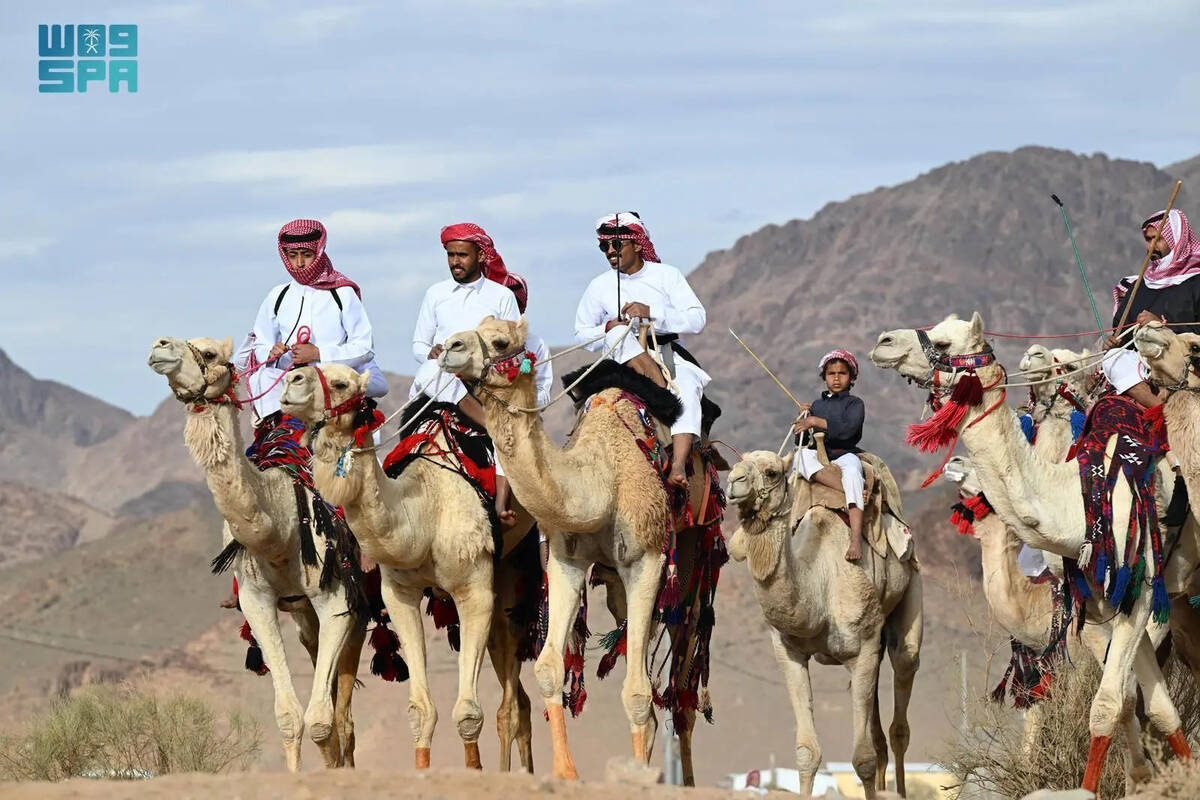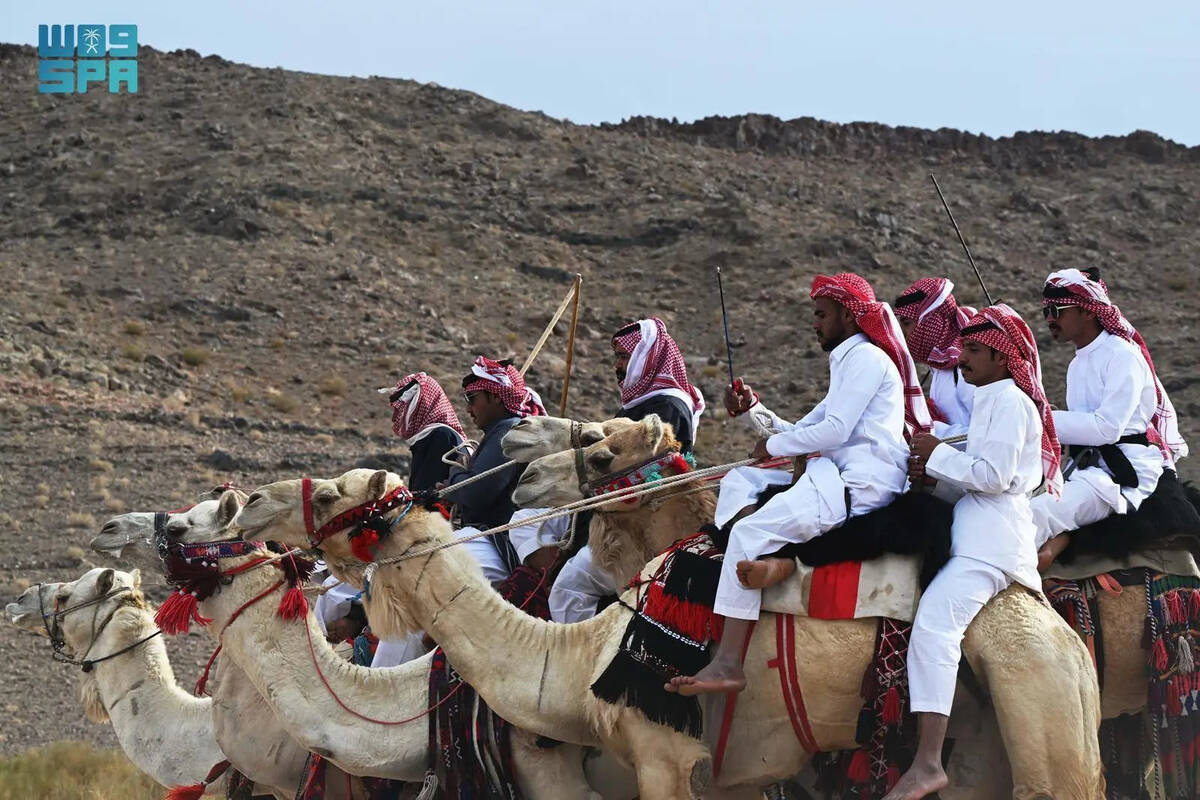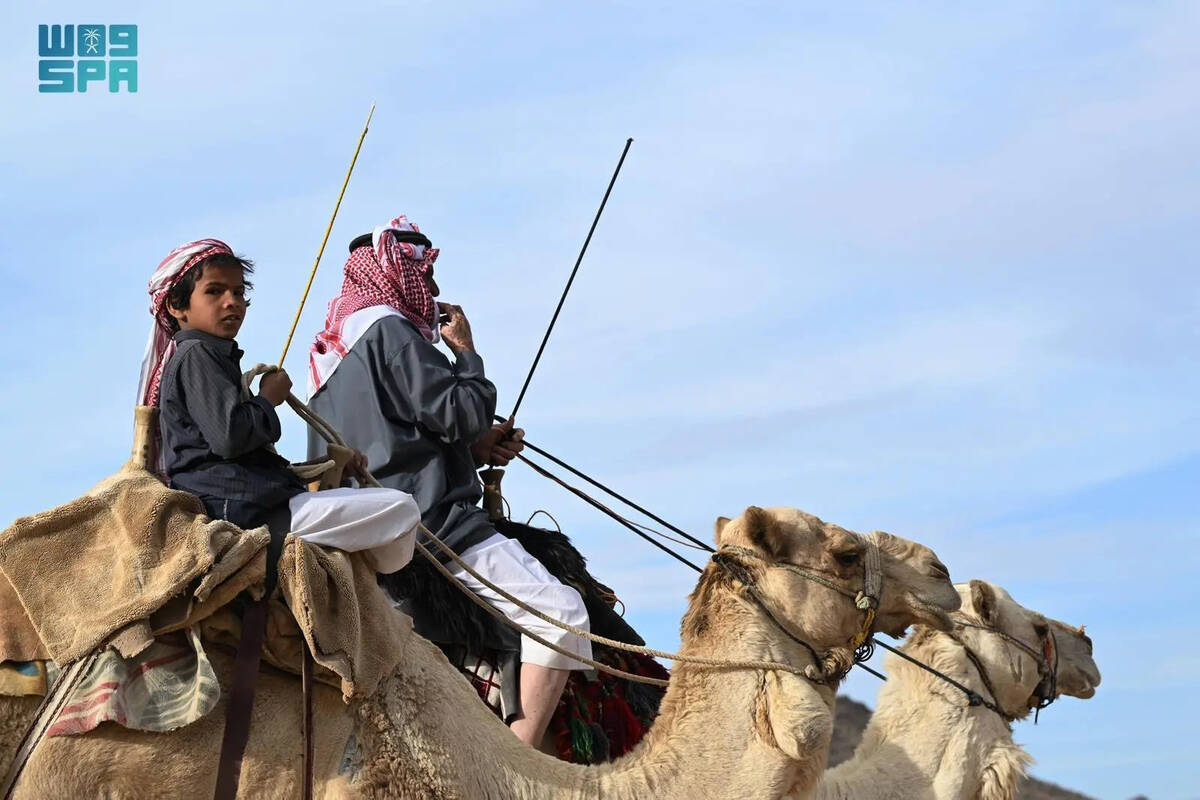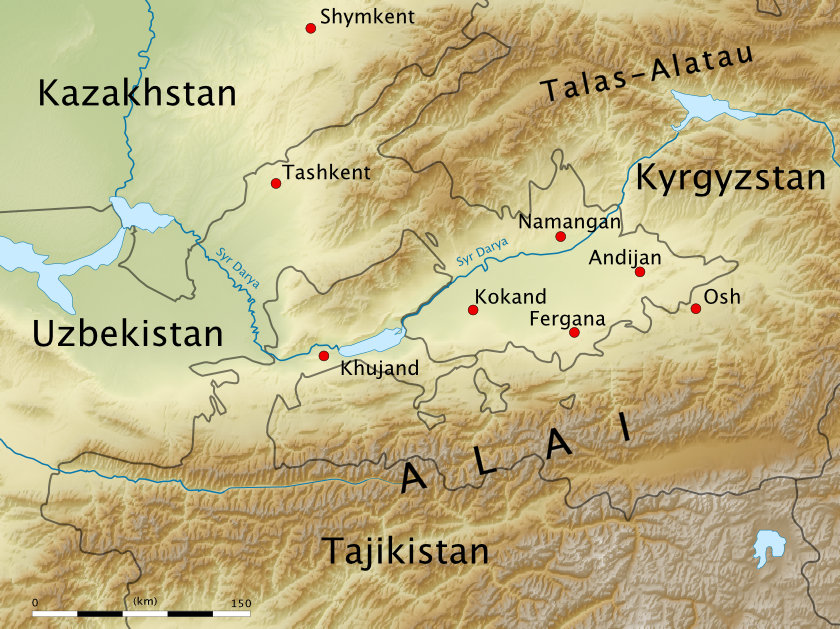RIYADH: Plans to tackle global debt and promote sustainable financing for developing countries in the wake of the coronavirus disease (COVID-19) pandemic topped the agenda at a Saudi G20 Presidency and Paris Club virtual conference.
Discussions centered around the challenges posed by international capital flows volatility, and possible policy responses to help restore sustainable flows of capital and mobilize robust financing for development.
The high-level ministerial meeting, which ended on Wednesday, was co-chaired by Saudi Minister of Finance Mohammed Al-Jadaan and the French Minister of the Economy and Finance Bruno Le Mair.
The conference brought together finance ministers, central bank governors, heads of international financial institutions, chief executives of private financial organizations, and prominent scholars.
“In response to the unprecedented health and economic crisis presented by the COVID-19 pandemic, governments and central banks around the world have taken exceptional measures, including unprecedented fiscal, monetary, and financial stability measures,” said a statement issued by the G20 Saudi Secretariat.
“The launch of the historic debt service suspension initiative (DSSI) could provide around $14 billion in immediate and critical liquidity relief by official bilateral creditors alone for the poorest nations in 2020, as estimated by the World Bank Group.
“This global response is delivering results; however, the situation remains challenging. Capital outflows from many emerging and developing countries have reached unprecedented levels, and their ability to draw upon an international pool of capital in a robust manner has been called into question,” the communique added.
In this context, related to financial resilience and debt sustainability, it was important to consider progress on the DSSI as well as on the development finance agenda amid the COVID-19 pandemic, it said.
Addressing delegates, Al-Jadaan said: “G20 countries have implemented unprecedented fiscal, monetary, and financial stability measures and ensured that international financial institutions can provide critical support to developing and low-income countries.
“As the crisis remains unfolding, we will coordinate with G20 member countries to promote sustainable financing for developing countries, support the return of capital flows to emerging markets and developing countries, build resilience, and promote more sustainable sources of financing.”
Le Mair said: “An unprecedented crisis requires extraordinary decisions. The G20 and the Paris Club took a historic step to address the COVID-19 impact by launching the DSSI to the benefit of the poorest countries, in particular in Africa.
“We need to continue working together to ensure its successful implementation. In the next steps, we also need the right tools to support countries suffering from capital outflows. We cannot let this crisis destroy years of efforts to attract investors and support growth.”
The conference hosted in-depth discussions on key issues through three parallel breakout sessions.
The first included talks on the DSSI and explored ways to restore market access for African countries, increase international private flows, and support the African private sector, especially small- to medium-sized enterprises.
Another session focused on the outlook for capital flows, looking at tools to help mitigate capital outflow risks, and the role of the International Monetary Fund in long-term financing.
Speaking at the session, Ahmed Alkholifey, governor of the Saudi Arabian Monetary Authority, said: “Restoring flows of capital is essential to upholding the stability of the global financial system.
“We are working with G20 countries to better understand the drivers of these volatilities and discuss policy responses to mitigate them,” he added.
The third session of talks concentrated on ways to improve emerging and developing countries’ resilience, including through domestic capital markets development, while considering the immediate and medium-term trade-offs between different policies as well as the role of international cooperation.
The conference’s outcomes will feed into the discussion of the G20 finance ministers and central bank governors’ meeting to be held virtually on July 18, under the Saudi G20 Presidency.




































